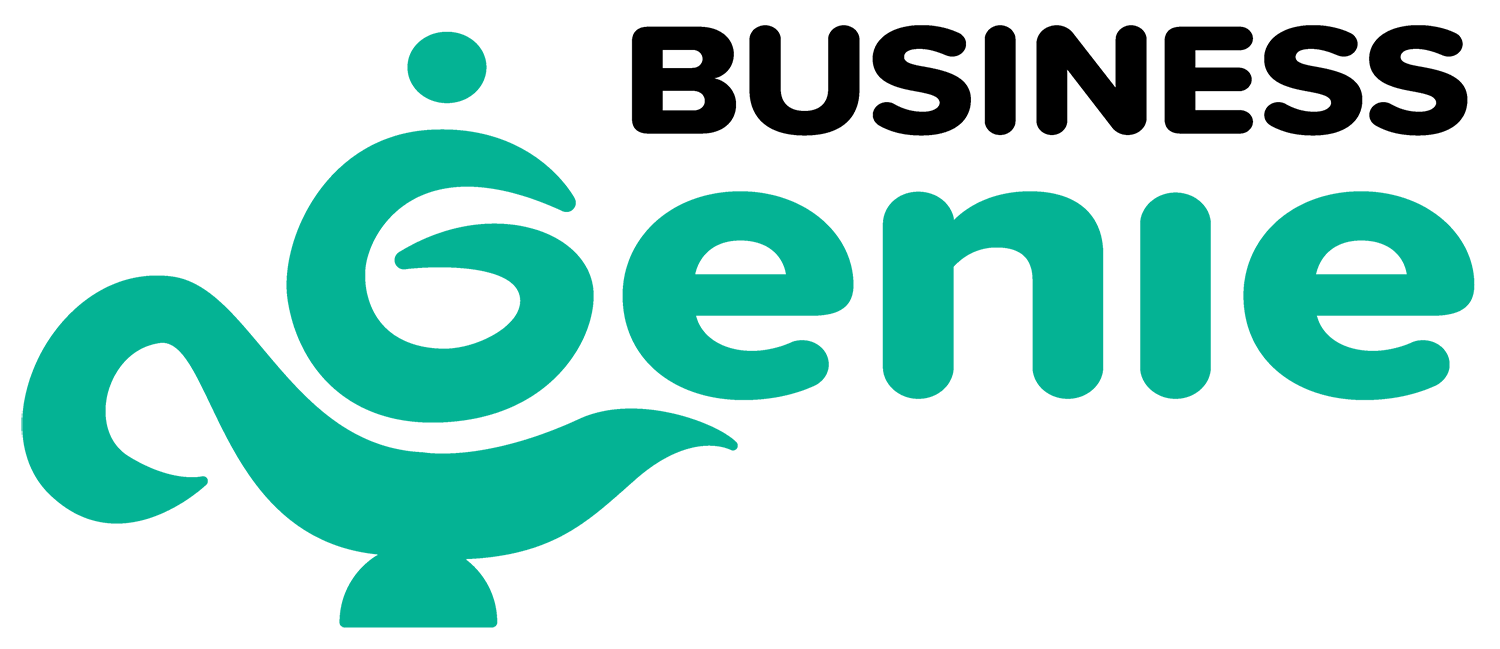There are some other taxes that you may be charged, depending on your industry. These can all be reported on your Business Activity Statement (BAS).
Fringe Benefits Tax (FBT)
First of all, lets define Fringe Benefits. This is basically a benefit that is received by an employee or their associate (and some other persons connected with the business) that is essentially for private use. For instance, if part of an employees salary package is a fully maintained vehicle, the Fringe Benefit is the private portion of the use of that motor vehicle such as driving too and from work, picking up the kids, going on holidays etc. Other examples of Fringe Benefits includes paying for housing, gym and club memberships, entertainment, education.
Calculating the tax is a bit involved, even for a number lover like me. It requires:
- Working out the taxable value of each fringe benefit. Rules vary, depending on the type of benefit.
- Working out total taxable value of the fringe benefits where:
- A GST credit can be claimed
- A GST credit can’t be claimed
- Grossing up these values…etc etc
Have your eyes glazed over? You get my drift about Fringe Benefits, so lets move on to something easier.
Luxury Car Tax (LCT)
Luxury Car tax is paid by:
- Businesses who sell or import luxury cars
- Individuals who import luxury cars
The rate is 33% of the GST-inclusive portion of the car above the LCT Threshold. In other words, you don’t pay LCT on the whole value of the car, just the proportion above it.
There are different LCT Thresholds for Fuel Efficient vehicles and Other vehicles. The LCT threshold for Fuel Efficient vehicles is always higher, meaning you need to pay more money before you are charged LCT. A great way of encouraging more fuel efficient vehicles to be imported.
THE LCT threshold increases regularly, but not necessarily every year. For instance, the LCT threshold for fuel efficient vehicles was $75,526 from financial years ending 2017 to 2020.
The cost of the luxury car includes any extra bits imported at the same time as the car, such as accessories and extra parts.
As always with these taxes, there are exceptions.
Wine Equalisation Tax (WET)
Wine Equalisation Tax is paid by businesses that:
- Make wine
- Import wine into Australia
- Sell wine wholesale.
The rate is 29% of the wholesale value of the wine and only applies if you are registered for GST. In order for a product to incur WET, it needs to be more than 1.15% ethyl alcohol by volume. These include
- Grape wine and grape wine products (examples include sparkling wine, some fortified wines and Marsala)
- Fruit wines
- Vegetable wines
- Some cider and perry
- Mead
- Sake
